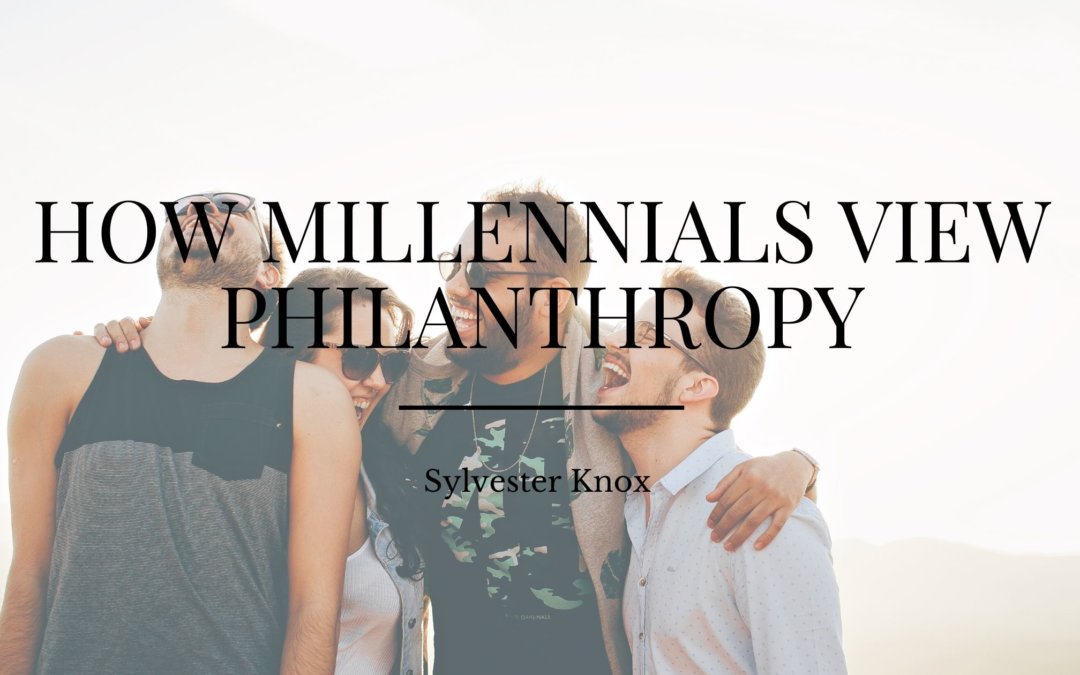What do you think about when you hear the word philanthropy? For most people, they think of the wealthy spending money to help charitable organizations of their choice. It’s a form of giving back and helping others however you’re able to. Though making monetary donations is a smart and much-needed form of philanthropy, millennials are taking a different approach to philanthropy and embracing a different form of giving back to their communities.
Millennials, or those who were born between 1981 and 2000, are changing the way that philanthropy is practiced. Two-thirds of millennials made purchases from socially responsible businesses compared to one-half of donors. One in five donors, or 20-percent, have considered the social or environmental implications when making investments, while 43-percent of Millennials make these same considerations. Seven in ten philanthropists believe that it’s important to work for organizations that are socially responsible, while 87-percent of millennials share that viewpoint.
To put it simply, Millennials are far more conscious about where their philanthropic actions are going and who they are supporting than Baby Boomers. More Millennials consider themselves philanthropists compared to Baby Boomers, at three-quarters and one-third, respectively.
While philanthropy was primarily connected to the wealthy in the past, younger donors believe that philanthropy has a different, broader definition: it applies to anyone who gives their time, talent, or treasure to make the world a better place.
This is in part because of how the different generations view philanthropy as a whole. Millennials are more likely to focus on how they view themselves as socially conscious, while the older generations focused more on supporting the missions of the nonprofits they want to support. Millennials want to make a difference with their donations both because it’s their responsibility to give back and reflects on their personal values, while Baby Boomers participate in philanthropy because their nonprofits are trying to solve important issues, they feel it’s their responsibility to give back, or they are personally connected to the cause they are supporting.
Overall, the values of Millennials tend to be more important in their philanthropic pursuits than any specific nonprofit organization. Nonprofits that fail to live up to their promises or are viewed as out of line due to missteps risk losing Millennial support much more quickly than that of older donors. Because of this, nonprofit organizations need to familiarize themselves with the broadened definition of philanthropy and engage with their donors to involve them more. This familiarity will draw in Millennial philanthropists, their volunteer hours, their network, and eventually, their funding.

